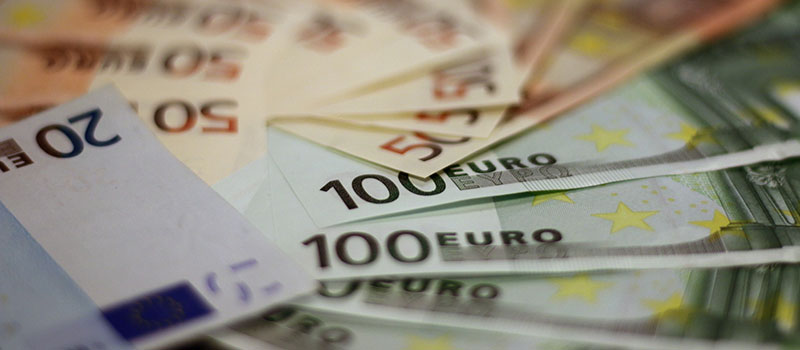The Beckham Tax Law is a tax law which applies to foreigners coming to live in Spain for employment purposes.
It limits the amount of personal tax expats have to pay to 24%. It only applies to Spanish personal income. People must be coming to live in Spain to start a new job, become tax resident in Spain, and must not have lived in Spain in the previous ten years.

The standard Spanish personal tax (Impuesto sobre la Renta de las Personas Físicas – IRPF) can be up to 48% depending on the amount you earn. The special tax for expats, Régimen Especial para Trabajadores Desplazados (otherwise known as the Beckham Tax) means that your personal income tax is limited to 24% on earnings up to €600,000 per year. After that you’re taxed at 45%.
The tax structure only applies for six years. You’re eligible after having lived in Spain for 183 days, but the application must be made within the first six months of living and earning in Spain.
Another advantage of this tax is that it means only paying tax on Spanish income. Income generated outside Spain and assets outside Spain are not taxed (as they would be otherwise). In effect, you’re paying a non-resident tax rather than a resident tax, which is why earnings and assets abroad don’t count.
The Beckham tax law is not mandatory. You can opt to pay tax in the normal way as a resident.
You must be employed by a Spanish entity and with a Spanish work contract to qualify.
The tax was introduced in 2005, at the same time that David Beckham became employed by Real Madrid and became resident in Spain. He was one of the first people to take advantage of the tax savings – hence the nickname. The idea was to encourage high earning foreigners to move to Spain.
Ironically, professional athletes are now excluded from applying for this tax regime.


No comments yet.